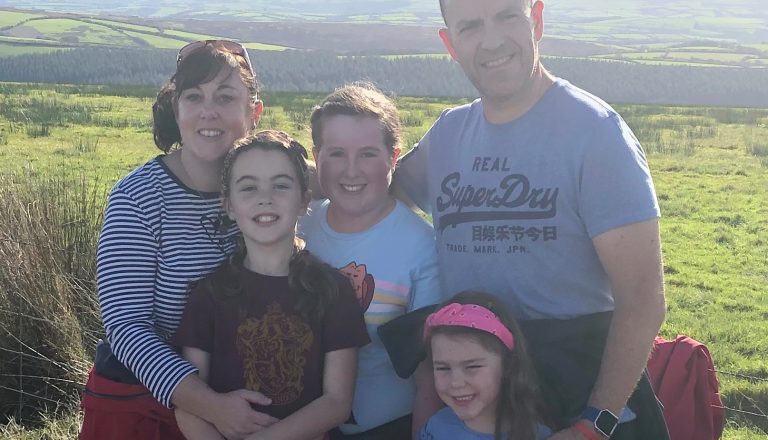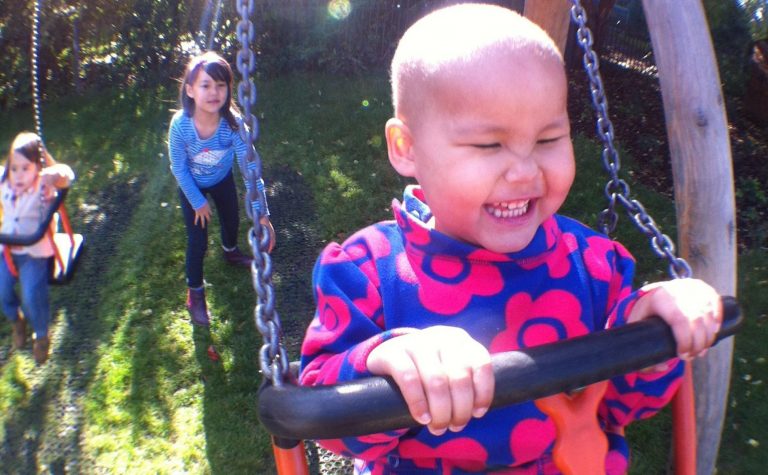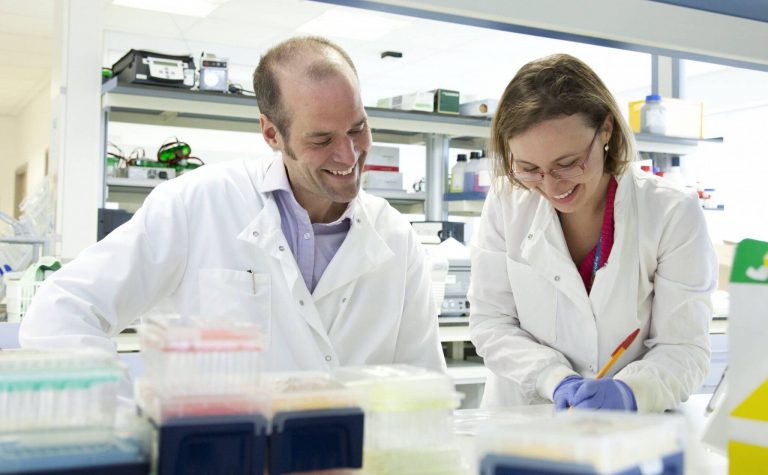Ground-breaking research by the University of Birmingham and the Institute of Cancer and Genomic Sciences has discovered a new technique to assess the aggressiveness of childhood brain tumours.
26 December 2019

Newsletter Signup x
This study is a huge step forwards towards the introduction of more personalised treatment for childhood brain tumour patients. Assessing how aggressive these tumours are at an earlier stage will help ensure that treatment is no more toxic than it needs to be, reducing the adverse effects on patients and improving their quality of life.CEO of Children with Cancer UK Mark Brider, commented:
Childhood cancers are very different to those found in adults, they are often more difficult to treat and the treatment can be incredibly debilitating. Brain tumours are among the most common childhood tumours and I am very pleased to see developments being made to make treatment less toxic. Children with Cancer UK helps fund childhood cancer research projects like the University of Birmingham’s study in order to improve survival rates and outcomes so that children don’t have to suffer long-term effects from treatment.Poppy Guilder from Tamworth was diagnosed with a brain tumour when she was only 14 months old. After intensive treatment and multiple surgeries, Poppy’s tumour is now stable, but she still requires regular check-ups and close monitoring. In this scientific trial, researchers used samples of Poppy’s tumour to assess the aggressiveness of childhood brain tumours and determine better outcomes for patients. Commenting on Poppy’s fight against childhood cancer, her mum Lisa said:
When Poppy was first diagnosed at 14 months, the prognosis was poor. Every day 12 families get the news that their child has cancer and when we heard the news, like so many other parents, we feared the worst. Poppy had to go through a series of gruelling treatments, and she suffered from terrible side-effects – both immediately and in the longer-term. Thankfully at 16 years, Poppy lives a healthy, happy life and the tumour is currently stable. Being part of this groundbreaking study means that in future, no child will have to undergo treatment that is more toxic than it needs to be.

Patient story – Vega
Vega was diagnosed with acute lymphoblastic leukaemia (ALL) in 2012. By June 2014 she had completed intensive treatment followed by
Read more
Identifying new treatments for children with rhabdomyosarcoma
Every year in the UK around 55 children are diagnosed with rhabdomyosarcoma, a cancer that affects connective tissues such
Read more